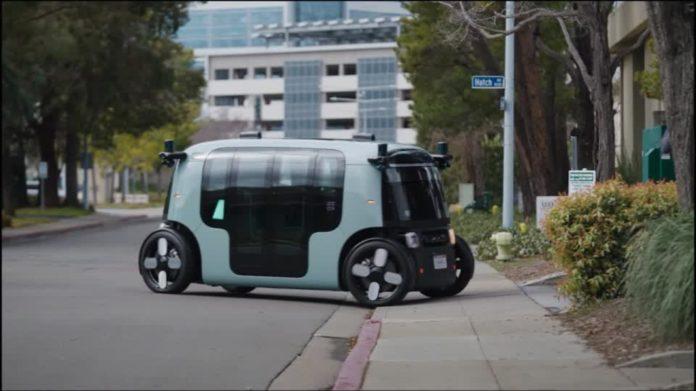Zoox, an Amazon subsidiary, has reported the successful testing of a self-driving car with its own staff as passengers. The test, which took place on a public road in California between two Zoox buildings, was part of the firm’s debut of a free staff shuttle service, which will also help the company develop its technology.
Zoox is creating a totally autonomous vehicle from the ground up, rather than modifying current vehicles for self-driving, and it lacks a steering wheel and pedals. It seats four people, two of whom are facing each other. The technology is being developed to fulfill regulatory criteria, and the test run on a public road marked an important step forward in the process.
When does it hit the road
Zoox CEO Aicha Evans told Reuters, “Putting the vehicle on open public road and verifying our approach to all of the many criteria, including regulatory, is a huge step, and we would not have done it unless internally we were already looking at the line of sight for becoming commercial.”
While Evans declined to specify a timetable for the commercial launch, the successful test is a big step forward for the firm, which was purchased by Amazon in 2020 for $1.3 billion. However, regulatory obstacles have hampered progress towards commercial deployment, with other firms like as Waymo and Cruise also encountering difficulties.
Despite these obstacles, Zoox’s tech head, Jesse Levinson, stated that the firm was still on target to achieve 2,500 people this year, up from slightly under 2,000 at the start of the year. And, with the market for self-driving cars heating up, it appears that the race to master this technology is far from done. Who knows, maybe we’ll all be driven about by robots sooner than we think.
Other companies getting involved
For more than a decade, Google, General Motors, and other technology and transportation corporations have invested billions of dollars developing self-driving vehicles with the promise of greater safety and convenience for riders. Yet, as the economy slows, several evangelists have abandoned their efforts, citing exorbitant costs and illusive revenues as reasons.
Ford and Volkswagen, two of the world’s largest manufacturers, ended their combined attempts to build self-driving taxis through a business named Argo AI in October.
Ford CEO Jim Farley stated at the time that he is “optimistic” about the future of completely driverless vehicles, but that “profitable, fully autonomous vehicles at scale are a long way off.” The corporation would not have to develop the technology itself.
Stay tuned to Brandsynario for the latest news and updates.



































